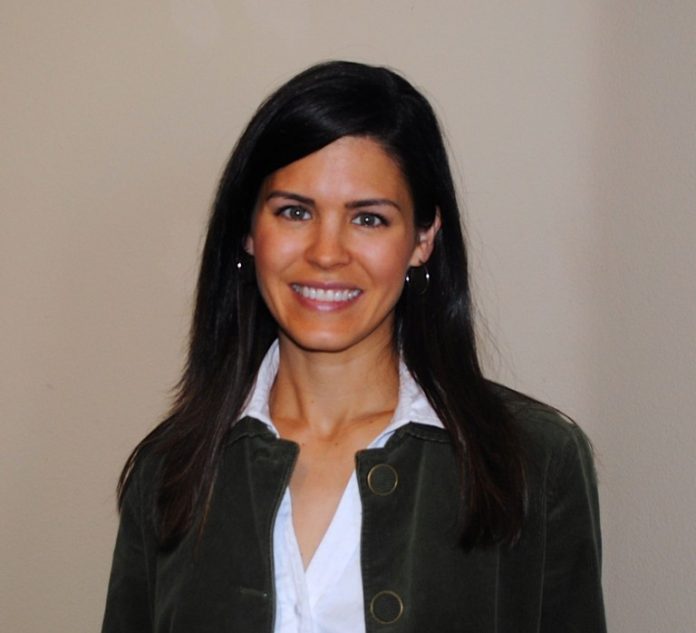By Jennifer Gensic, 9 February 2016, Learn from Autistics https://www.learnfromautistics.com/autism-and-sports-interview-part-1/
Carrie Hastings, Psy.D, is a sports psychologist who specializes in helping individuals on the autism spectrum and their coaches. Dr. Hastings provides clinics for coaches and parents for a national outreach initiative promoting the moral atmosphere of sports and the potential for sports to build character. She conducts research for the organization and has developed extensive resources for athletes with exceptionalities.
How are sports important for autistic development?
Children with autism often have weaker motor skills than those who do not have autism. Motor skills can be further developed through physical activity. Additionally, the opportunity for social integration can assist language development and collaborative abilities. Participation in athletics has been shown to alleviate stress and reduce levels of depression and anxiety, which can accompany other symptoms of autism spectrum disorder.
What role can parents play in helping their autistic children succeed athletically?
I recommend that parents be open with the coach about their child’s diagnosis. Explain the nuances of your child to the coach(es) and communicate the learning techniques that have been most effective in other settings. Work together with the coaching staff to bring out the best in your child and help foster enjoyment.
What difficulties do coaches of autistic children often have?
Coaches lack training and awareness of the hallmarks of ASD. This can be problematic because symptoms can be misinterpreted as disobedience or apathy towards the sport.
Coaches can also struggle with communication approaches. Connecting with an athlete who has ASD requires a specialized approach, which coaches are often unfamiliar with or unaccustomed to.
Another issue is that coaches are often just spread too thin. Even if a coach knows a child may need some additional/one-on-one attention, the coach may be unable to provide it because he or she is continuously occupied meeting other team needs.
Is the best solution to these problems to arm coaches with information?
The prevalence of ASD has also increased in recent years. Therefore, coaches must be prepared to recognize and accommodate the characteristics associated with ASD. We are not asking them to treatthe disorder; but to have a basic understanding of it and some tools to foster the prosperity of these athletes.
What kinds of problems do autistic athletes encounter as a result of working with coaches who misunderstand autism?
In addition to challenges with verbal skills, those with ASD can face deficits in nonverbal communication skills, often displaying limited eye contact and unusual gestures or facial expressions. This can appear disrespectful and result in negative evaluations.
Many coaches are unaware of the sensory integration difficulties that many children with ASD deal with. Additionally, an athlete’s hypersensitivity to sound may result in an inability to block out sounds which can lead to difficulty concentrating.
Another important consideration that many coaches are unaware of, is the prevalence of bullying among those with developmental disorders. Coaches must be vigilant and attend to the vulnerability of athletes with ASD to being bullied.
This interview gives great insight on the challenges children with Autism, their parents and educators face while participating and teaching sports.




